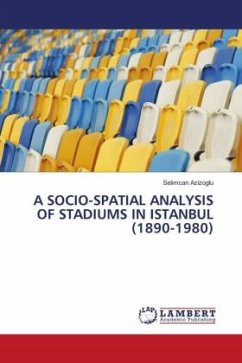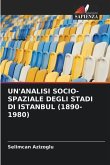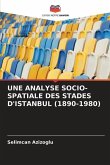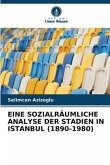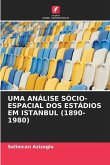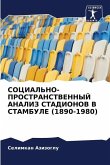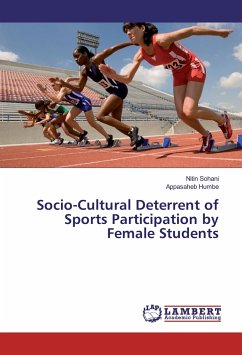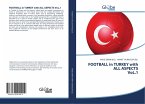This research book aims an exploratory attempt to analyze the transformation of football stadiums in Turkey from late 19th century, when the history of football in Turkey has started, until 1980s, when the stadiums have faced new chapter of transformation through globalization and commodification of football all over the world. To ease this initial attempt on stadiums research, first I scope down the focus only to football stadiums in Istanbul where is the hegemonic home of football in Turkey and in particular to its stadiums hosting first league of professional football in Turkey. Second, I draw broad and multifaceted level of analysis by focusing on key elements of transformation of Istanbul stadiums through a documentary research methodology and a theoretical framework built on Lefebvre's spatial triad. This research provides initial insights into the social spatial production of stadiums in Istanbul, associated with transformations of football and its stadiums globally, and social, economic and political shifts of Turkey and particularly of Istanbul.
Bitte wählen Sie Ihr Anliegen aus.
Rechnungen
Retourenschein anfordern
Bestellstatus
Storno

